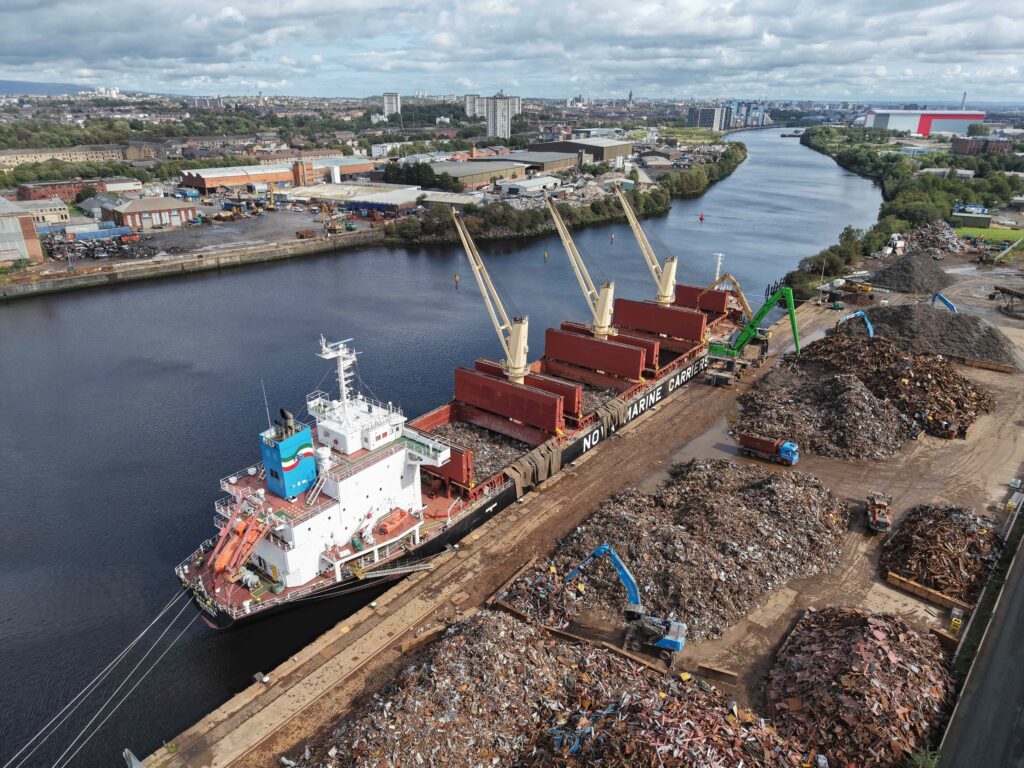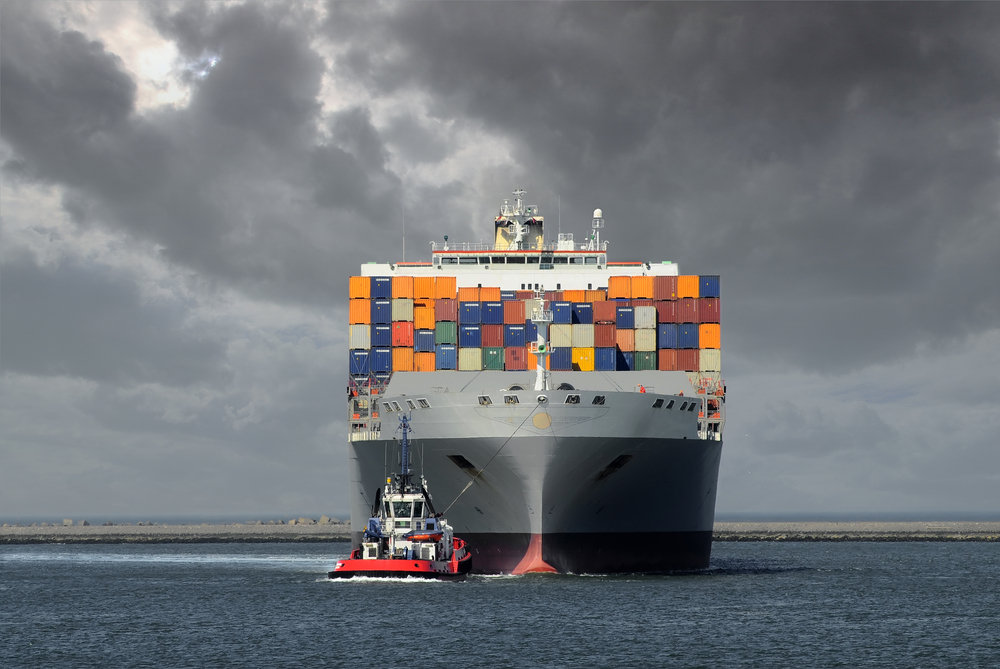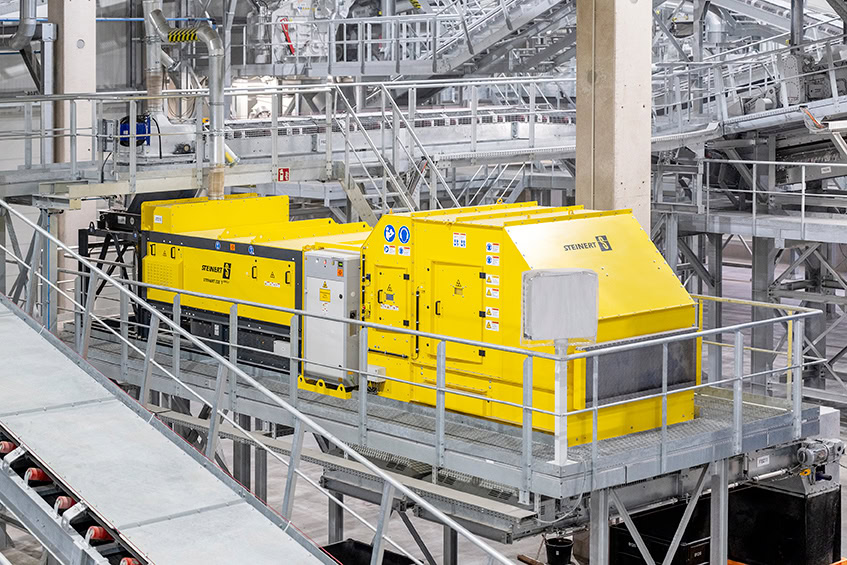The European Commission understands our problems and sees the regulations need modification.
Christian Rubach, Interseroh Hansa Recycling
Speaking at a BIR meeting of the non-ferrous metals division last week, recyclers from across Europe expressed fears that the Annex VII threatened confidentiality by revealing both the origin and destination of waste materials.
In particular, UK based consultant and commercial lawyer Hilary Stone said that the Annex confronted exporter of materials termed as waste with the potentially stark choice between disclosing confidential, commercially-valuable information or risking a criminal record.
Robert Voss of UK-based Voss International added that while the regulations were still very much “in their infancy”, the impact was likely to be felt not only in the EU but also in non -EU countries – with American scrap recycler Robin Weiner expressing fears that the rules could lead to penalties or a significant diversion of materials.
The BIR's environmental and technical director Ross Bartley suggested that European institutions and in particular members of the European parliament had not grasped the detail of the recycling industry's concerns about Annex VII – and urged associations and companies to press for a “re-examination” of the issue.
He was joined by Dr Joachim Wuttke, from Germany's Federal Environment Agency, who urged recyclers to “tell your competent authorities about problems you have with Annex VII.”
Ferrous
Fears about Annex VII were echoed by a meeting of the BIR's Ferrous Division, in which Christian Rubach of Interseroh Hansa Recycling in Germany said that the regulations had disrupted the scrap market and caused confidentiality problems – but was being addressed.
He said the European Commission “understands our problems and sees the [the regulations] need modification.”
India
With over-regulation proving “cumbersome” to some recyclers, both no-ferrous and ferrous metal dealers welcomed news that India had decided to scrap plans for a registration scheme for overseas suppliers of scrap, similar to that implemented under AQSIQ in China.
Ikbal Nathani of India's Nathani Group of companies was delighted to reveal that the country had taken the “bold and courageous” decision to abandon the proposal such that scrap could be freely exported to India.
But Mr Nathani insisted that the industry should self-regulate to ensure that consignments of imported scrap coming from war zones did not contain dangerous munitions leading to a loss of life which had lead to the proposal in the first place.
He said: “Exporters should make sure that we don't repeat the mistakes of the past.”
Market
In the market review sections of the ferrous metal recycling meeting, Anton Van Genuchten of TSR & CO KG of Germany estimated that EU-27 steelworks had consumed approximately 60 million tonnes of scrap in the first half of 2007, or 5% more than in the same period last year.
Meanwhile, EU scrap exports had advanced 6.8% to 5.5 million tonnes, with Turkey strengthening its position as the leading buyer by taking 2.96 million tonnes. At the same time, EU imports had dropped 22.8% to 2.9 million tonnes, he said.
Shredder
After the ferrous meeting, the shredder committee saw a presentation by Rick Comtois of Netherland firm Innov-X Systems BV about the development of a sensor-based sorter to remove 90% of free copper from shredder material. He suggested that even higher recovery rates might be possible if the equipment was run more slowly.
Anthony Bird of the UK Bird Group Companies also gave an update on the European Shredder Group by mentioning the proposed extension of the Integrated Pollution Prevention & Control (IPPC) Directive, with its prescriptive Best Available Technology, to shredder plants and large scrap yards.
• Lindsey Millington director general of the British Metals Recycling Association, writes more about regulating the scrap metal industry within the UK in this week's letsrecycle.com opinion section.







Subscribe for free